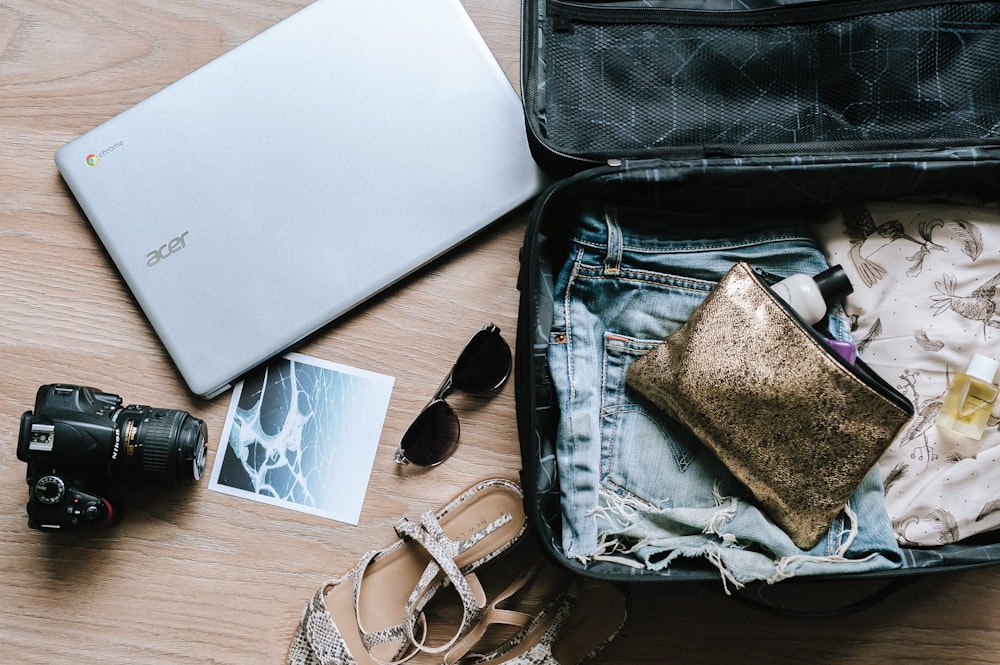Traveling Alone Female Solo Travel Tips to Remember
Embarking on a Solo Journey: Essential Female Travel Tips
Preparation Is Key
Before setting out on your solo adventure, thorough preparation is essential. Research your destination extensively, including cultural norms, safety considerations, and any specific laws or customs relevant to female travelers. Familiarize yourself with local emergency contacts and healthcare facilities, and ensure you have comprehensive travel insurance that covers solo travel.
Packing Wisely
When packing for a solo trip, prioritize practicality and safety. Pack versatile clothing suitable for various activities and weather conditions. Carry essential items such as a portable charger, a copy of important documents (passport, ID, insurance), a first-aid kit, and any necessary medications. Consider a safety whistle or personal alarm for added security.
Staying Connected
Maintaining communication while traveling alone is crucial. Share your itinerary and accommodation details with a trusted friend or family member. Keep your phone charged and have access to local emergency numbers. Consider using travel apps with safety features, such as location-sharing capabilities or emergency alerts.
Choosing Accommodations Wisely
Selecting safe and suitable accommodations is key to a positive solo travel experience. Choose reputable hotels, hostels, or guesthouses with good reviews and a focus on security. Opt for accommodations in well-lit and populated areas, especially if arriving late at night. Research the neighborhood’s safety and accessibility before booking.
Navigating Transportation Safely
Whether using public transportation or ride-sharing services, prioritize safety when traveling alone. Sit near the driver or conductor in public transport, especially at night. Verify the legitimacy of taxis or ride-sharing vehicles before getting in. Use trusted transportation apps or services recommended by locals or fellow travelers.
Being Mindful of Personal Safety
While exploring solo, always be aware of your surroundings and trust your instincts. Avoid walking alone in unfamiliar or dimly lit areas, particularly after dark. Keep valuables secure and discreet, such as using a crossbody bag or money belt. Be cautious when interacting with strangers and politely decline unwanted advances or invitations.
Cultural Sensitivity and Respect
Respect local customs, traditions, and dress codes to avoid unnecessary attention or offense. Dress modestly in conservative cultures and adhere to cultural norms regarding behavior, gestures, and interactions. Learn basic phrases in the local language to facilitate communication and show respect to locals.
Joining Group Activities
Consider joining organized tours, group activities, or female-focused travel experiences to enhance safety and social interaction. Group tours offer companionship, local insights, and added security, especially in unfamiliar or remote destinations. Connect with fellow travelers through online forums or social media platforms for shared experiences and safety tips.
Trust Your Intuition
Your intuition is a powerful tool for navigating solo travel. If a situation feels uncomfortable or unsafe, trust your instincts and remove yourself from the environment. Be assertive in setting boundaries and saying no to situations or activities that make you feel uneasy. Prioritize your safety and well-being above all else.
Seeking Local Advice
Engage with locals and seek their advice on safe places to visit, transportation options, and cultural insights. Locals can provide valuable tips,
















